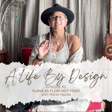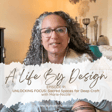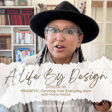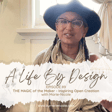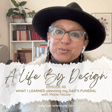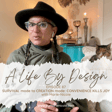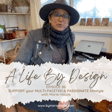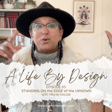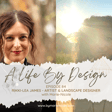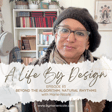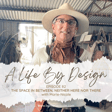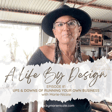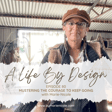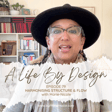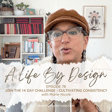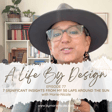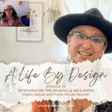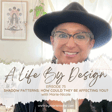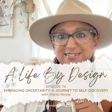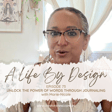
Dr Suzanne Moss - The Artist The Coach
Dr Suzanne Moss guides her students to explore and unfold their unique visual language through abstraction and meditative art methods. While undergoing treatment for serious illness, an epiphany during 2011 altered her life course and led to the development of her programs. She has since cultivated deep conversations about creativity and living whole-heartedly and helps her students gain real skills and confidence through distilled teachings and restorative life coaching.
For Suzanne and the people who work with her, art is a spiritual practice; a practice that brings a greater sense of being alive. Since 2012, when she began guiding her contemplative, meditative art programs, Suzanne’s work has evolved with ongoing curiosity and seeking excellence, with a desire to serve; to uplift through art. She has presented her courses in Australia, Italy and Germany.
_____________
Register here for ALL ACCESS or LITE
Digital Solutions Program - Up to 4hrs of 1:1 Coaching for $45+GST
Ad Hoc Business & Wellness Coaching
Supported by THE Rural Woman 1 hr session for $121
Embodiment Coaching Service
Online Store
Dr Suzanne Moss’
FREE WEBINAR - August 24th, 2024
Intro & Outro Music: Shaman Dance by slavamusic
_____________
By accessing this Podcast, I acknowledge that the entire contents are the property of Marie-Nicole Meunier, or used by Marie-Nicole Meunier with permission, and are protected under AU and international copyright and trademark laws. Except as otherwise provided herein, users of this Podcast may save and use information contained in the Podcast only for personal or other non-commercial, educational purposes. No other use, including, without limitation, reproduction, retransmission or editing, of this Podcast may be made without the prior written permission of the Marie-Nicole Meunier, which may be requested by contacting
soar@creatorsnest.com.au
This podcast is for educational purposes only. The host claims no responsibility to any person or entity for any liability, loss, or damage caused or alleged to be caused directly or indirectly as a result of the use, application, or interpretation of the information presented herein.
